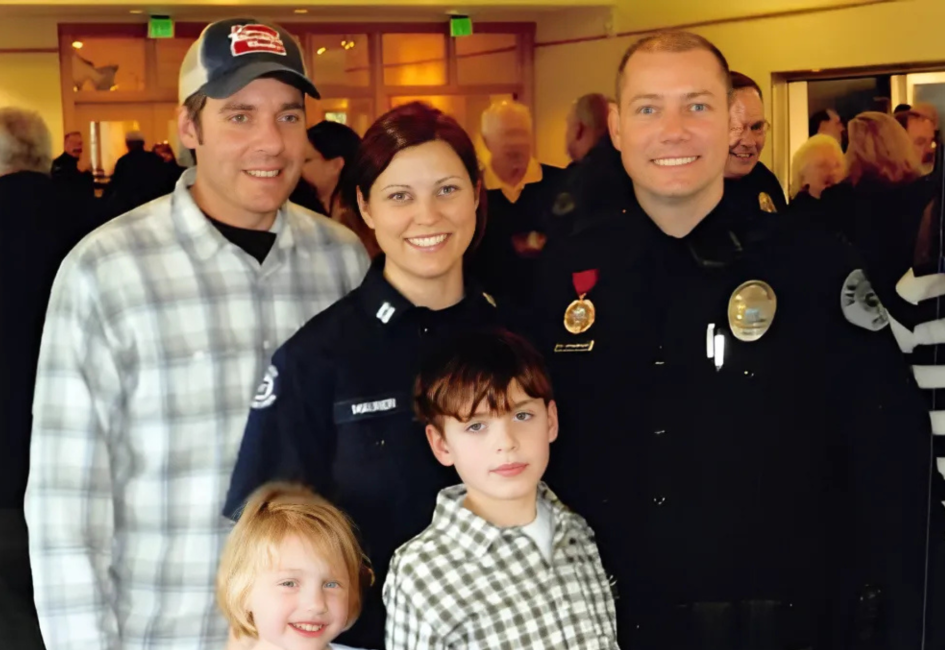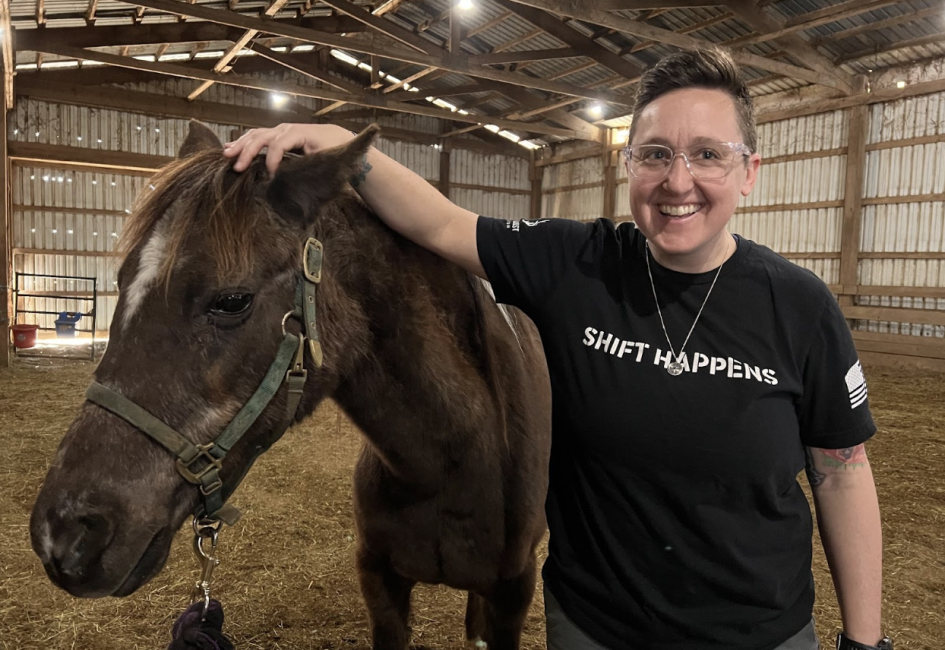Jason sat at the kitchen table with a business card in his hand. Josh Goldberg’s name and number were printed neatly across it, passed to him at a fire chiefs’ conference in Sisters, Oregon. People he respected — his wife, Kristan, and former Chief Jeff Johnson — had insisted he meet Josh, CEO of the Boulder Crest Foundation. Jason remembered the way they had looked at him then, concerned. He remembered how Josh spoke with him for nearly an hour. And now here he was, staring at the card, knowing it represented something important — hope, maybe.
And then he put it aside. For months.
“I didn’t think I needed it,” Jason admitted. “But I did.”
By then, life had become unsustainable. He had spent more than two decades on the job, absorbing the kinds of calls that never left you: car wrecks, medical crises, moments where families’ lives split in two. He called it “a thousand paper cuts,” not one wound but the accumulation of so many.
The years brought other blows as well. His son survived a near-fatal car crash. Their Portland neighborhood endured months of riots during COVID. At home, Kristan watched Jason grow more distant and more angry. Their family tiptoed around the tension.
“I thought he was just being a jerk, or maybe having a midlife crisis,” Kristan said. “I didn’t realize he was struggling that badly.”
“I thought he was just being a jerk, or maybe having a midlife crisis,” Kristan said. “I didn’t realize he was struggling that badly.”
Jason described it differently. He said it felt like living under a spell, decades of trauma and hyper-vigilance that left him always waiting for the next tragedy, always scanning for danger. He called it “status: anxiety.”
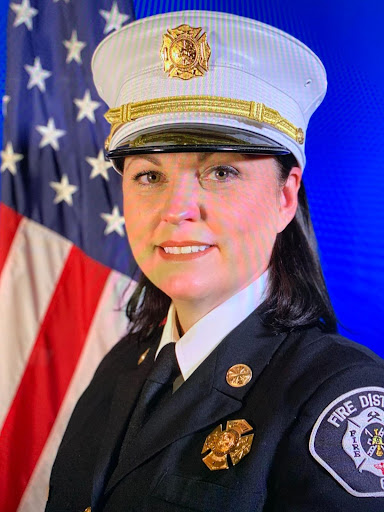
At the same time, Kristan was carrying her own weight. After 26 years in the fire service, she had worked her way through every rank — paramedic, lieutenant, captain, battalion chief, assistant chief — until she became Fire Chief in 2020, just as COVID swept across the country. She poured herself into the job, fighting for better equipment, safer stations, and wellness programs for her firefighters. She loved leading, but the pressure was relentless.
“I was supposed to be the one who recognized post-traumatic stress in others,” she said. “And I completely missed it in my own husband.”
The truth was, neither of them could see a way forward. Their marriage was unraveling, their family was strained, and Jason was slipping further away. That’s what finally drove him back to the card he had tucked away.
When he finally made the call to Josh Goldberg, Boulder Crest’s Warrior PATHH program offered what nothing else had: a way out of the darkness. Still, Jason nearly backed out. Twice, he changed his start date. Even on the drive to the program, he thought about turning around at every exit. “I could have just ignored the calls and never gone back,” he said. “But I kept going.”
The week-long experience gave him structure, perspective, and, in his words, “broke the spell” he had been under. Decades of trauma, hyper-vigilance, and constant fear began to loosen their grip. For the first time in years, he could breathe again.
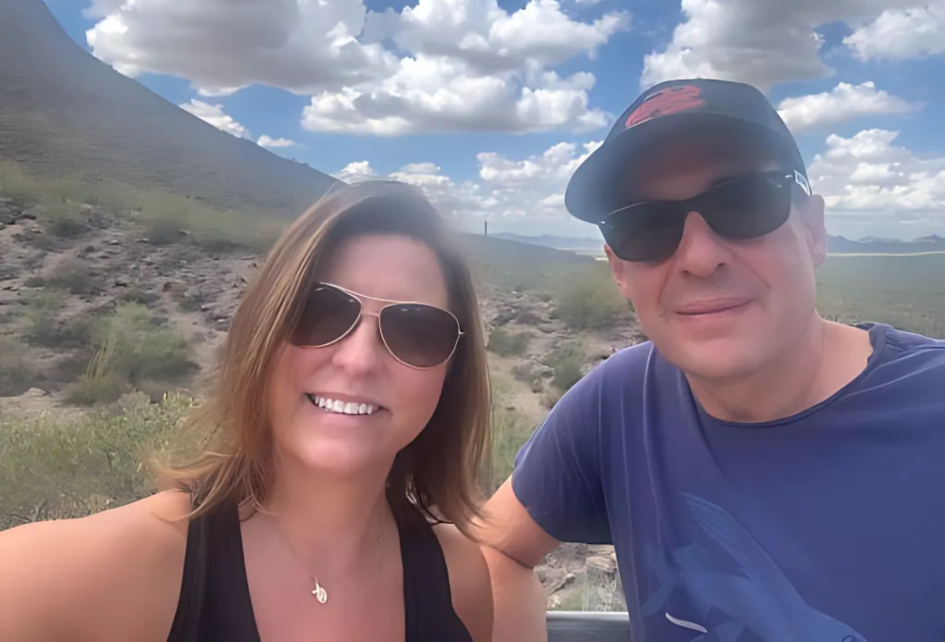
The change was immediate, and it was real. But it also came with complexity. Kristan admitted that when Jason returned from Warrior PATHH, lighter and stronger, she felt conflicted. “I was glad he was better,” she said, “but I had just spent years holding everything together — our family, our marriage, our kids. And suddenly he came home changed, while I was still carrying it all.”
That’s when she enrolled in Warrior PATHH herself. Like many spouses, she went in thinking she didn’t belong. “I remember saying, ‘I don’t have problems. This is dumb. They should give my spot to someone else.’” But in the quiet of group conversations, she found herself opening up about years of unacknowledged strain: the weight of leadership, the heartbreak of watching Jason struggle, the fear that she was failing as a mother and a wife. She left not only with renewed strength but also with a deeper understanding of her husband’s journey.
“I remember saying, ‘I don’t have problems. This is dumb. They should give my spot to someone else.’”
Together, the Maurers began to heal. Jason was able to finish his fire career and retire on his own terms, a rare outcome for a firefighter who had once been on disability for PTSD.
“I knew I couldn’t just sit around collecting what I called ‘sad pay,’” he said. “That wasn’t living. Warrior PATHH gave me the principles I needed to go back, finish the job the right way, and retire on my own terms.”
It wasn’t easy. The stations he returned to had changed. Some people didn’t know how to act around him. But he made it through, logging the final stretch of service he needed to retire at 50. “That was my miracle,” Jason said. “I didn’t want to be another statistic — a firefighter who works until 55 and dies at 60. I wanted to live.”
Kristan, meanwhile, faced her own reckoning. After nearly three decades of service and climbing through every rank, she was called into a meeting with her board in 2025 and told to resign or be terminated. Just like that, the career that had defined her was gone.
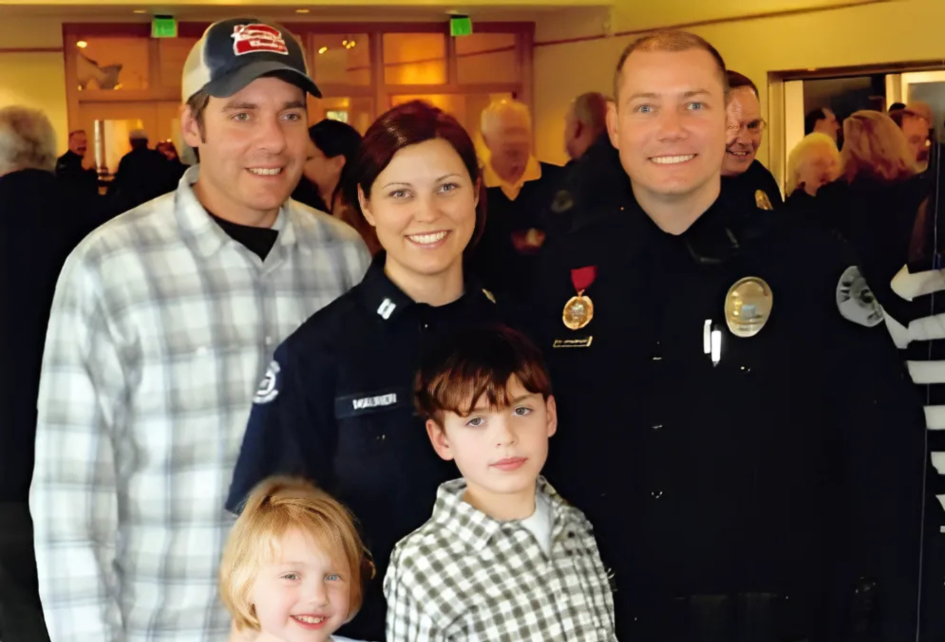
“It felt like I was blindsided,” she admitted. “Twenty-six years, and suddenly none of that mattered. But the difference was, this time, I had the practices I needed to survive it. Before Warrior PATHH, that would have destroyed me. Instead, I could say, ‘This isn’t the worst thing we’ve been through. We’ve survived worse, and we’ll survive this, too.’”
The ripple effects extended outward: firefighters began calling Jason privately, admitting they, too, were struggling, and Kristan pushed for wellness and peer-support programs wherever she could. Their marriage, once on the brink, grew stronger. Their kids, now young adults, could see the shift in their parents.
The ripple effects extended outward: firefighters began calling Jason privately, admitting they, too, were struggling, and Kristan pushed for wellness and peer-support programs wherever she could. Their marriage, once on the brink, grew stronger. Their kids, now young adults, could see the shift in their parents.
Looking back, neither of them hesitates when asked what changed the trajectory of their lives.
“Boulder Crest gave us a second chance,” Jason said simply.
Kristan nodded. “Honestly, it saved our family. It saved our marriage. And it gave us the hope and the skills we needed to step into whatever comes next.”
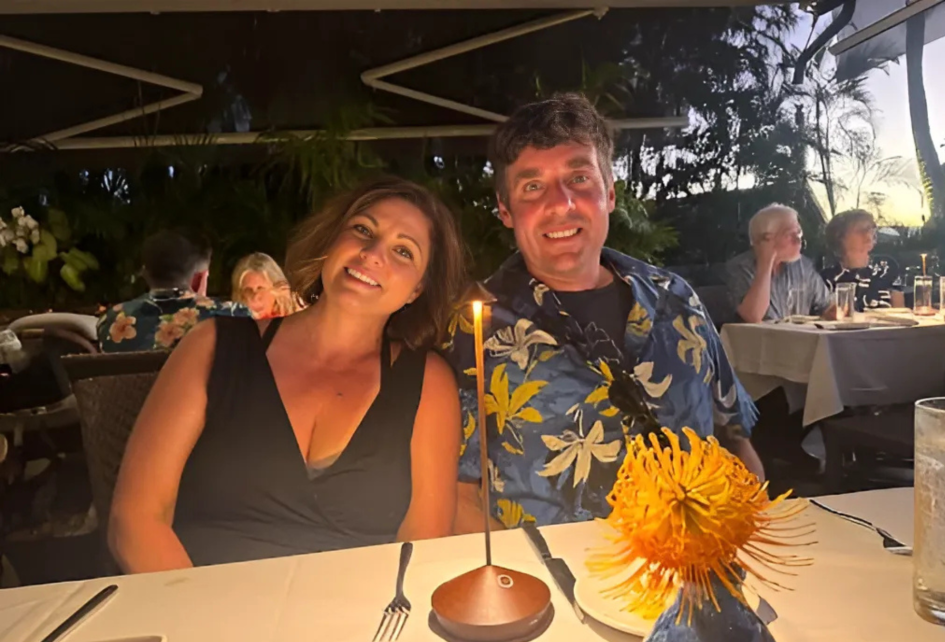
Jason had almost thrown the card away. More than once, he tucked it into a drawer or pushed it aside, convincing himself he didn’t need help. But something—a nudge, a whisper, a tug he couldn’t explain — kept him from letting it go.
In the end, that small act of holding on became the hinge point of his life. It saved his career, his marriage, and his family.
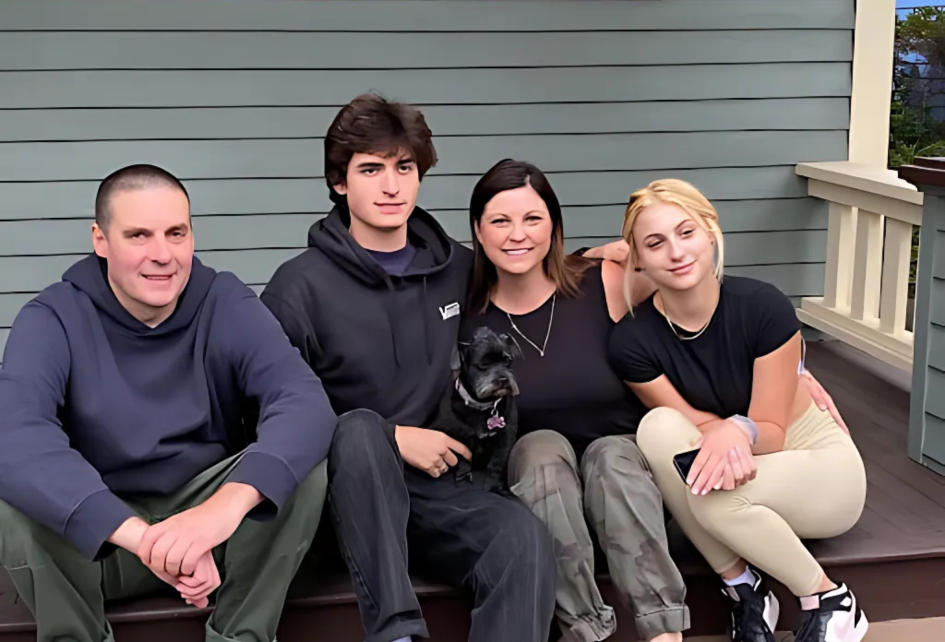
We don’t always recognize turning points when they arrive. Sometimes they look like a scrap of paper with a phone number on it, waiting on the corner of a kitchen table. But when the weight of the world presses in, those small tugs matter. They remind us that hope is still within reach, and that struggle can be the starting place for growth.
For Jason and Kristan, Boulder Crest was the place where that growth began. For others, it can be too.
